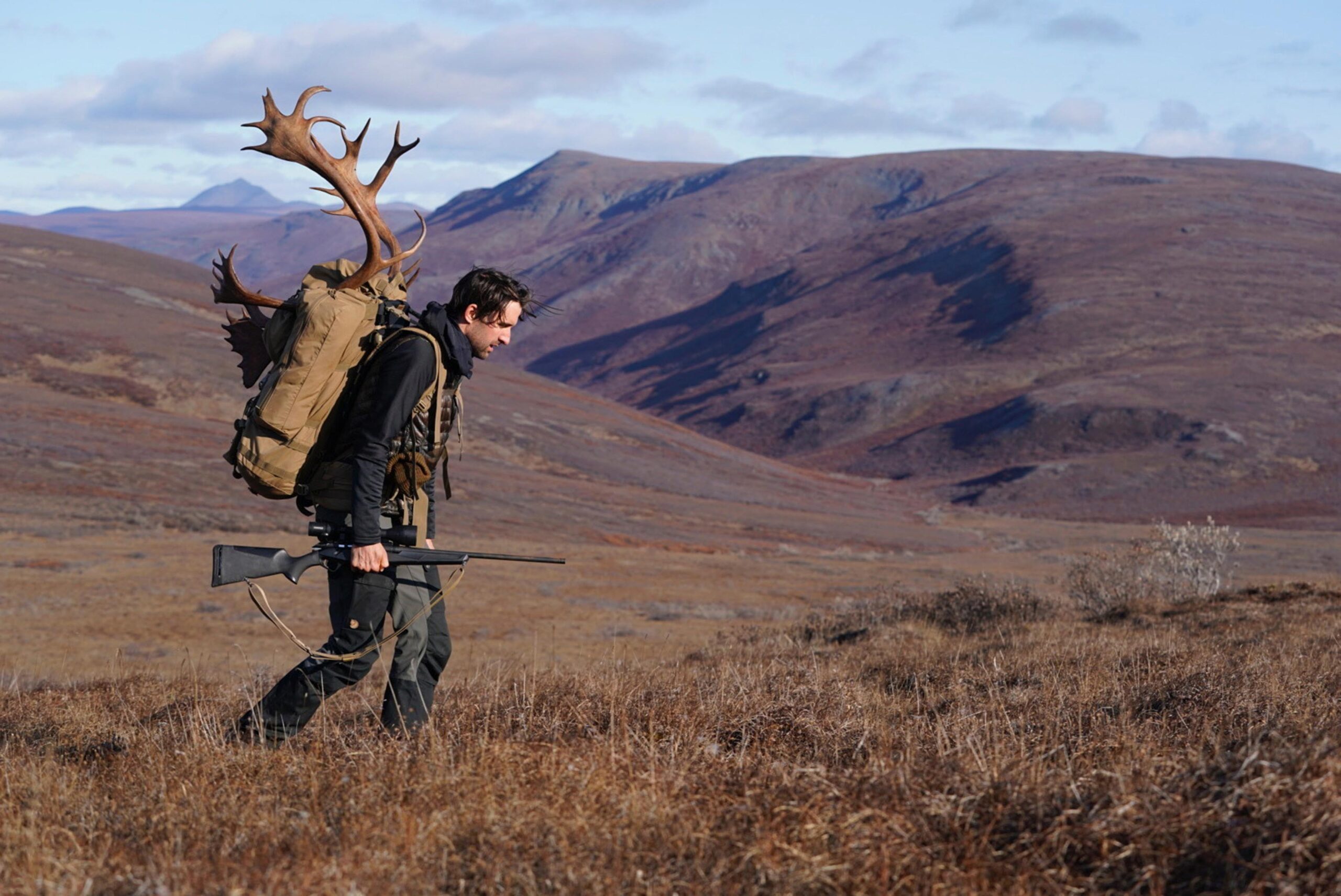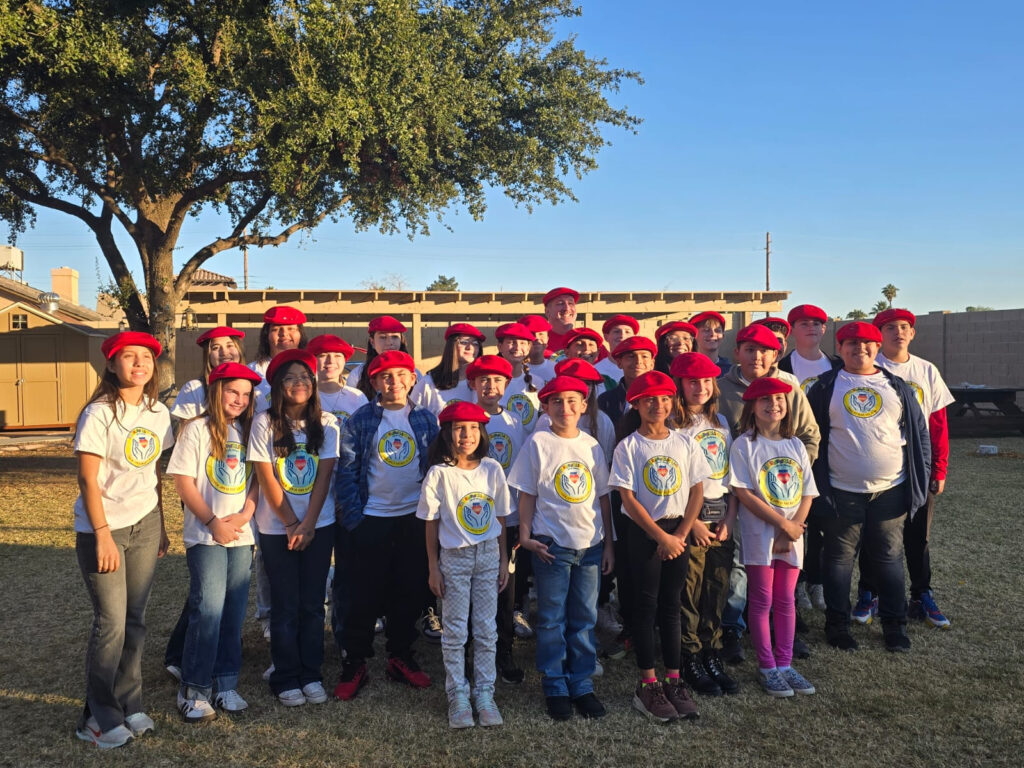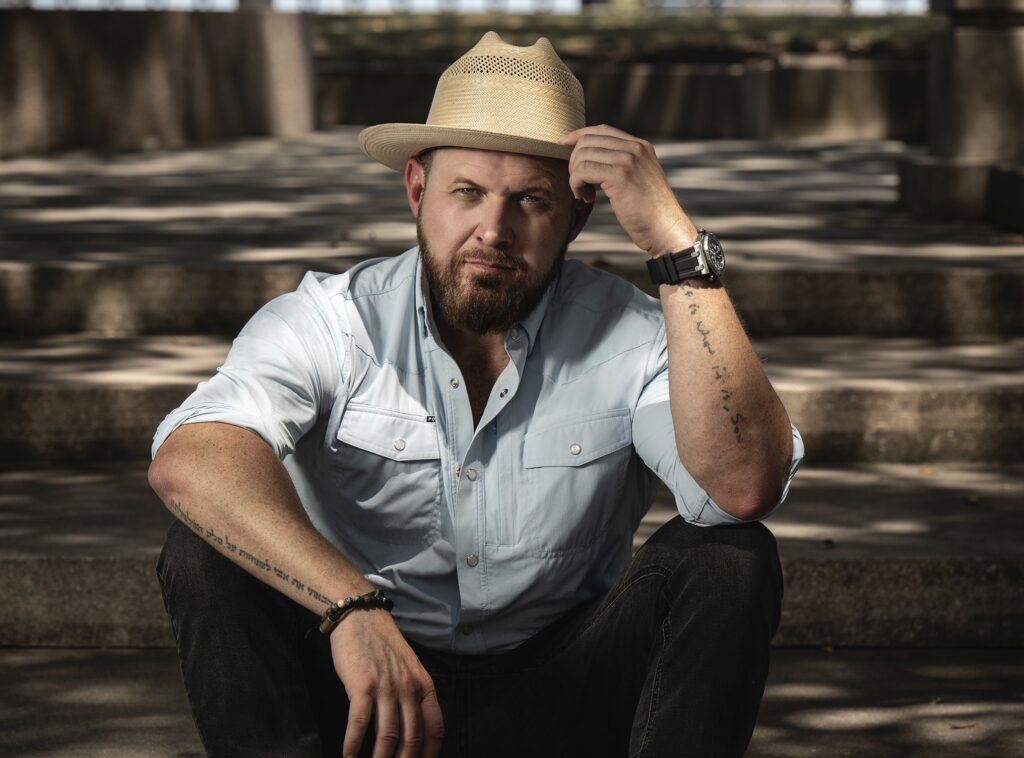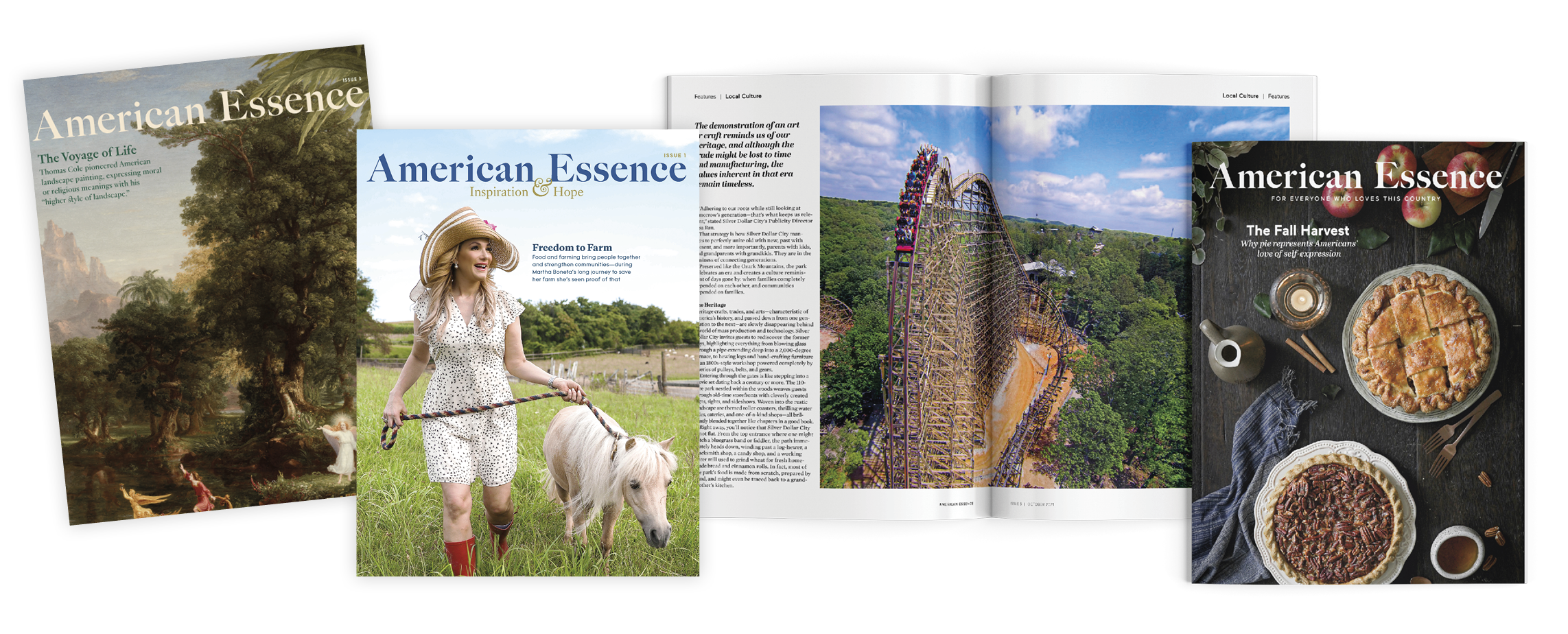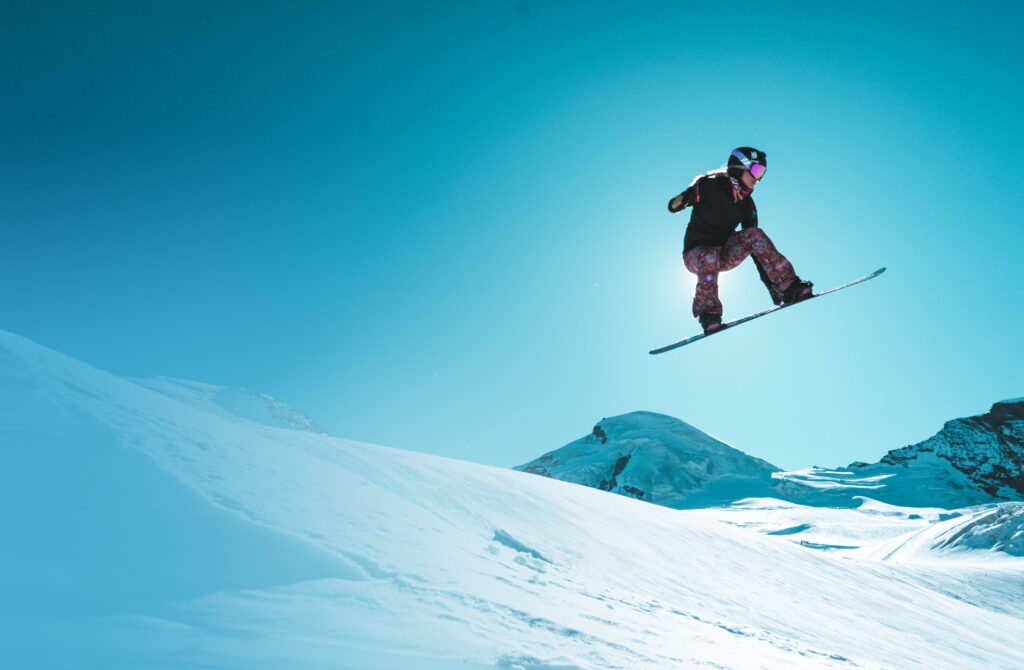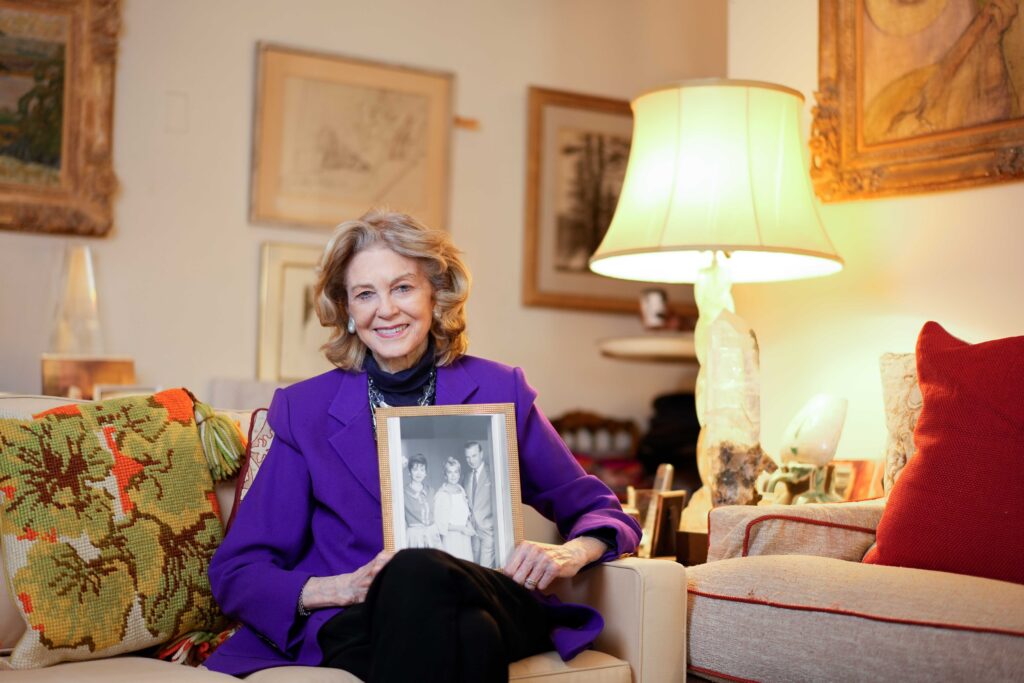Each time Michael Easter’s life took a step forward in freedom and growth, he realized it was consistently preceded by a prevailing mindset shift to face his own discomfort.
Journalist and author of “The Comfort Crisis,” Easter was dissatisfied with simply parroting scientific studies and taking his interview subjects at their word for his first book, published in 2021. Instead, his curiosity motivated him to also saturate himself in the narrative by visiting some of the world’s most remote and dangerous places.
Had it not been for Easter’s five-day, off-grid elk hunting expedition with famed American hunter Donnie Vincent, he likely never would have considered upending his life to deep-dive into discomfort. Not exactly primed for the adventure, Easter arrived in the Nevada outback woefully unprepared for the climate (it was frigid) and the boredom.
The days dragged on minute by minute, interspersed with rare heart-stopping moments. The most entertainment he had was reading labels on his food and clothing. Being alone with his thoughts, however, was the kind of discomfort he needed to catch a creative vision for a book.
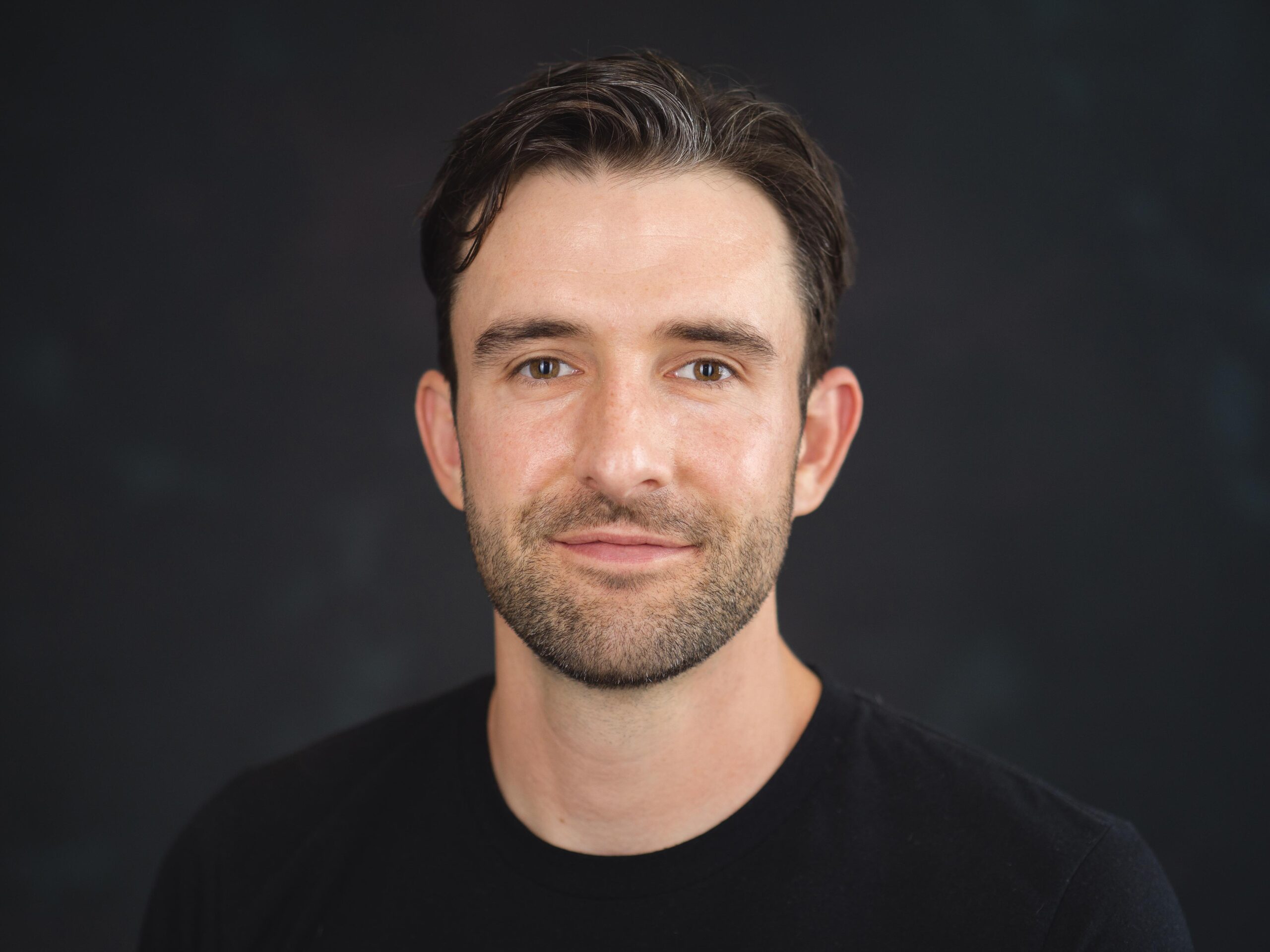
“It was totally uncomfortable the whole time, so uncomfortable in so many different ways,’’ Easter confessed. He wanted to go home after the first day. “But what was interesting was when I got home I felt better than I had in a long time. It was very striking to me.”
He came home and wrote an article on Vincent for Men’s Health magazine, but the idea of a book was stirring in his soul. He wanted to know: Why are the most wildly healthy and happy people choosing discomfort when modern science has found an easier route? And what knowledge can the rest of us glean from their lifestyles of embracing ancient wisdom that embodies nature, movement, and boredom?
Humanity is constantly racing toward comfort, Easter mused, from the development of food that’s calorically dense, easy to eat, and fast to prepare to the design of HVAC systems that regulate temperatures in our homes and offices. We sit more, move less, eat more, look for shortcuts, turn to our phones to entertain us as soon as boredom strikes, and chase comfort as though our lives depended on it.
But we are generally more unhappy. We complain more, get sick more, take more medication, require more vacations, and actually seem to be writhing in consistent discomfort—or at least discontentment.
Easter’s research unearthed a perplexing statistic: Only 2 percent of people use stairs when an escalator is available. Suddenly he became committed to not only being in the 2 percent, but also to understanding the benefits of living more of his everyday life outside his comfort zone, starting with small choices.
“One of the biggest problems with how we view health and fitness and nutrition is that everyone has the easy fix. Part of changing is knowing this is actually going to be hard, but on the other side of that is a long-term benefit,” he said.
The wellness world offers a sliding scale of sounds-too-good-to-be-true promises to unthinkable rapid and drastic behavior modification—like three-day water fasts or marathon training. We grapple with disbelief when the instant results we’ve come to expect in the rest of our comfortable existence don’t pan out in weight loss or disease management.
That’s why Easter advocates for a lower barrier to entry with tips like skipping breakfast or adding weight in a backpack (called rucking) to your hike. Weaving ancient wisdom into our modern lifestyle can be simple, effective, and even fun in a world exhausted by dizzying health advice.
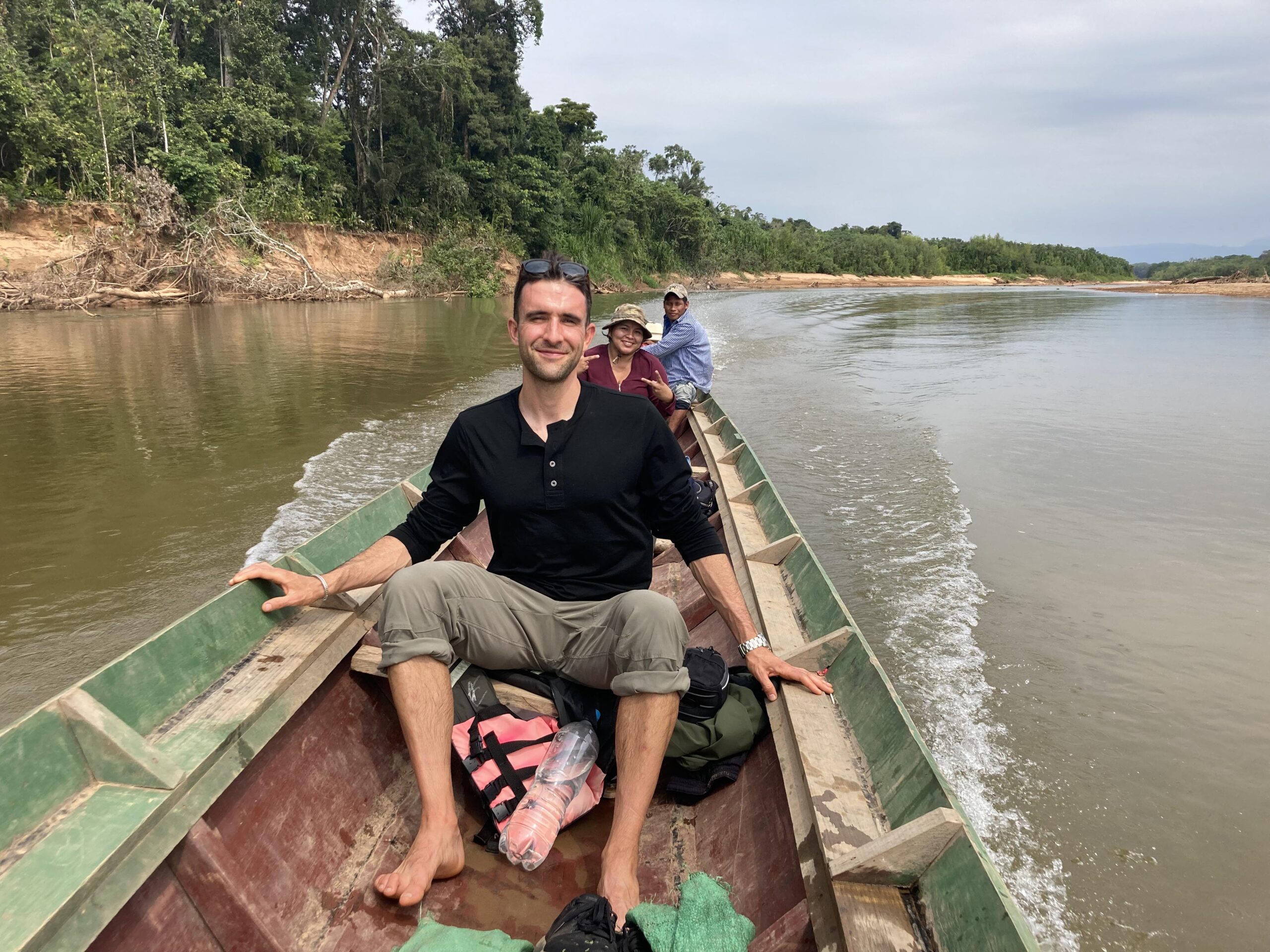
“Today a lot of the health recommendations are all or nothing,” Easter said. “Who wants to live like that? You have to find ways to be a normal human and have fun. But you also have to realize that it’s not always going to be comfortable all the time if you want to grow.”
Readers are obviously hungry for what he’s dishing out. “The Comfort Crisis’” has become a bestseller on Amazon, with more than 150,000 copies sold. Perhaps the appeal is that he doesn’t have a bunch of credential initials behind his name. In a market saturated with guruism, he’s an ordinary guy who approached our need for comfort with sincere curiosity instead of condemnation.
Easter’s secret power is tackling topics that don’t always align with his beliefs and doing so with an open mind. That humility, paired with integrity, has made him sought after by elite organizations for training. Easter has worked with NASA, NCAA, and Major League Baseball, among others. While these audiences don’t require as much focus on physical fitness, he said the message of discomfort is universal.
For instance, he noted that his friends who run ultramarathons are often willing to tackle just about any physical challenge, but sitting in silence for a 10-minute meditation is enough to induce panic attacks.
“With athletes, they put all their eggs in the physical basket and then they avoid all this other stuff,” Easter said. “What you tend to see is people who lean into one form of discomfort, they avoid it in other ways. Everyone usually has something they’re really avoiding.”
Discomfort Anyone Can Try
Even if you work behind a desk, you can dabble in movement outside your comfort zone. Here are some of Michael Easter’s tips:
- Do some physical activity every hour. Get up from your desk and move or stretch for even a few minutes.
- Practice fasting by skipping breakfast, which benefits metabolism but also helps get you in tune with your body’s hunger cues. “People get anxious about the idea that they can be hungry,” he said. “We need to learn hunger is not an emergency.”
- Get outside for at least 20 minutes three days a week in your neighborhood or park; five continuous hours once a month in a state park hiking, picnicking, or fishing; and on a three-day annual trip where you do something hard that won’t kill you that you have a 50/50 chance of completing. “By day three, you’re seeing life a lot differently,” he said.
- Try rucking (carrying weight in a backpack while hiking). Rucking burns two to three times as many calories and it’s good for building cardiovascular and muscular strength.
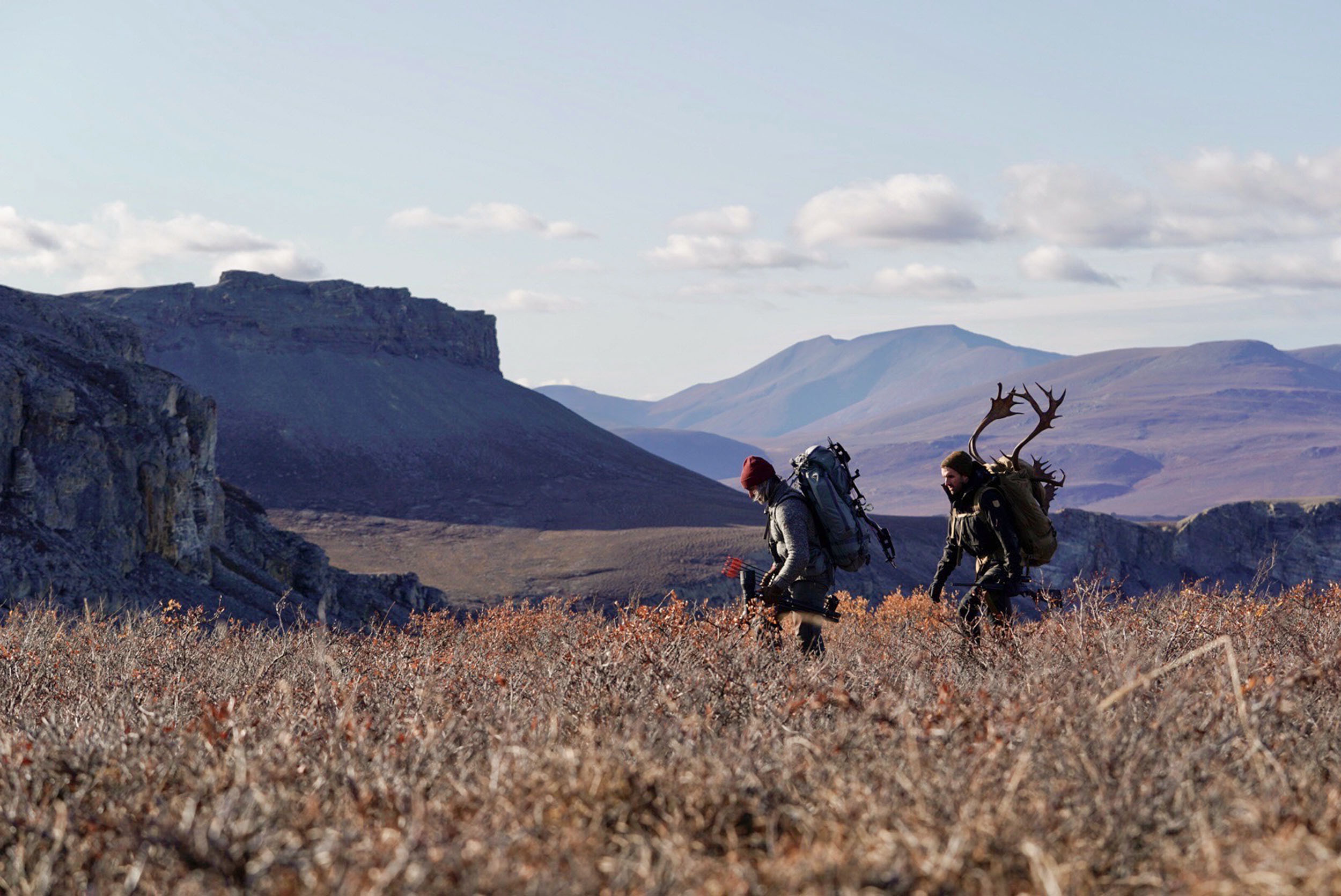
(SICMANTA)
Flipping 2 Percent Upside Down
What if somehow we could flip-flop the statistic and be a world where 98 percent of people were taking the stairs and otherwise doing uncomfortable things? It’s not just about embracing discomfort in movement; it’s also about being content in boredom and even creating margin in each day to simply be quiet. Intrinsically, we know rest is a rhythm we need not just for the body but also for the mind.
Meditation has become popular because the benefits are verified and tangible—peace, joy, and mindful living. The problem is, most people who decide to give up some time on their phones simply exchange it for time behind another screen instead of trading up for something of value.
Easter suggests leaving your phone at home and swapping scrolling for time outside—no music, no podcast, no calls.
“Let your mind wander. People’s minds tend to wander to fascinating places,” he said. “This is why shower thoughts are a thing.”
Scarcity Brain
Living on the outskirts of Las Vegas, Easter is surrounded by slot machines—not just in casinos but in grocery stores, restaurants, and even gas stations.
“Nothing is better at pushing people into repeat behavior that can hurt them in the long run,” he said. “Why do humans in general try to reach for more, more food, more stuff, more control over others?”
Learning to live with moderation is key, but few of us know how to live it out. In his new book, “Scarcity Brain,” due to be released in September, Easter will explain how our inability to moderate is changing us and ultimately hurting us. Of course, he will also help us learn how to tap into moderation and overcome our scarcity brains.
From June Issue, Volume 3

